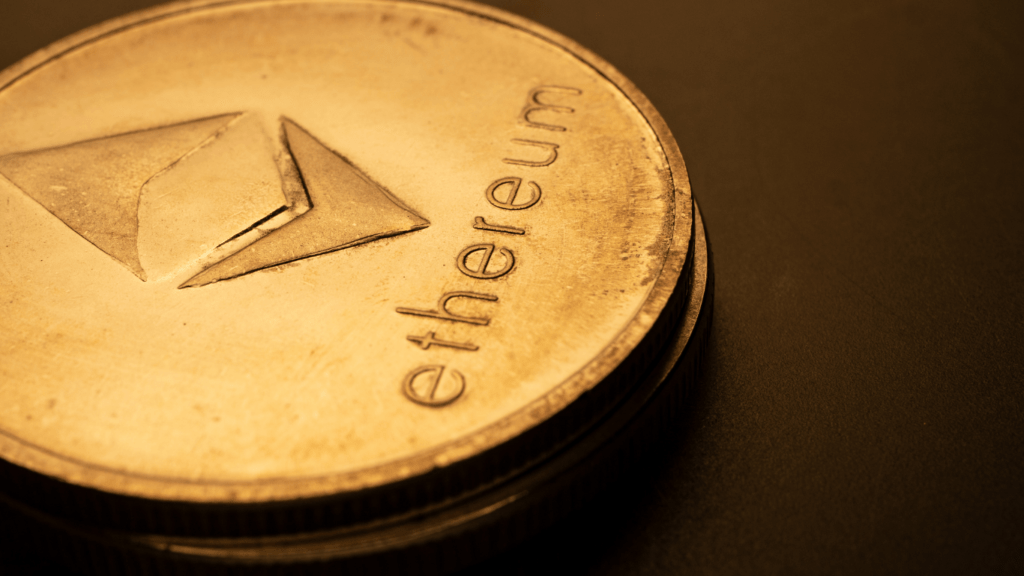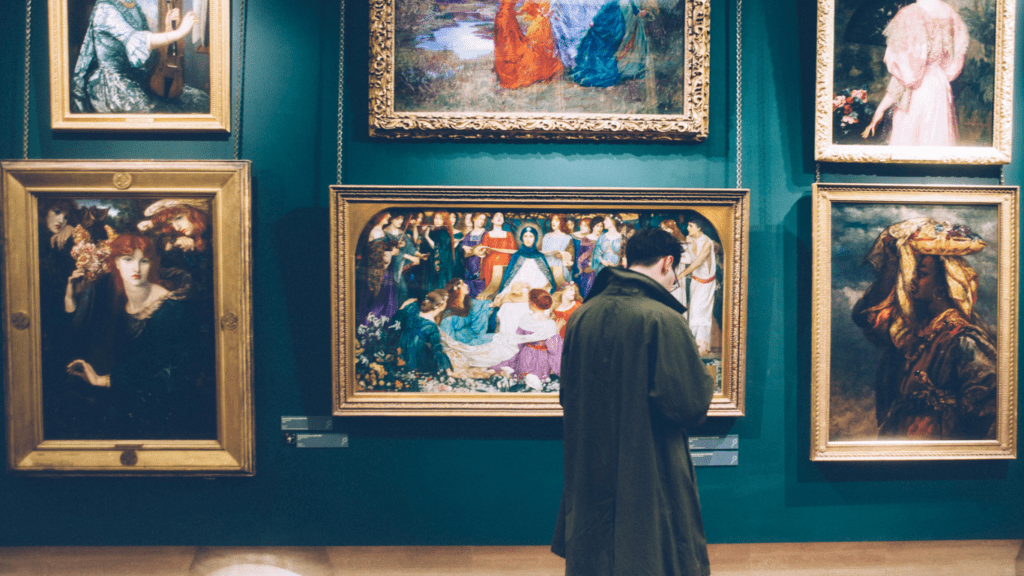In the ever-evolving landscape of digital assets, NFTs have transcended their origins in the art world to find intriguing applications across diverse industries. From art to insurance, the utilization of NFTs has sparked innovative solutions and new possibilities.
As an expert in the field, I’ve witnessed firsthand the transformative power of these unique tokens. Exploring the unconventional uses of NFTs in various industries unveils a realm of creativity and utility that goes beyond traditional boundaries.
The intersection of blockchain technology and real-world applications opens doors to exciting ventures and unexpected synergies. Join me on this exploration as we delve into the fascinating ways NFTs are reshaping industries beyond the realm of art and into uncharted territories.
Exploring the Rise of NFTs
Delving into the evolving landscape of NFTs (non-fungible tokens), I aim to shed light on their burgeoning influence outside the realm of traditional art. As an industry expert, my focus is on showcasing the boundless creativity and practical utility that NFTs offer across diverse sectors, including the intriguing intersection they have made with the insurance industry.
Through this exploration, I urge readers to envision the profound impact of NFTs and the endless possibilities they present as they merge with blockchain technology, cultivating a fertile ground for fresh ventures and synergies.
NFTs in the Art World
When it comes to NFTs in the art world, their impact goes beyond just digital ownership. Here’s how NFTs are reshaping the art market and empowering artists:
Transforming the Art Market
In the art market, NFTs are revolutionizing the way art is bought and sold. With NFTs, artists can directly sell their digital creations to collectors, bypassing traditional galleries and auction houses. This direct interaction not only expands the reach of artists but also enables them to retain more control over their work.
Additionally, the use of smart contracts ensures that artists receive royalties every time their NFT is sold in the secondary market, providing them with long-term financial benefits.
Enhancing Artist Ownership
Through NFTs, artists can establish verifiable ownership and authenticity of their digital artworks. This transparent tracking of ownership on the blockchain not only prevents unauthorized duplication and distribution but also ensures that artists receive proper recognition and compensation for their creations.
By tokenizing their art, artists can establish a direct connection with their audience, fostering a sense of exclusivity and ownership that was previously challenging to achieve in the digital art space.
NFTs in the Insurance Sector
In the insurance sector, NFTs are revolutionizing claims processing, offering a transparent and efficient way to handle claims.
Leveraging NFTs for Claims Processing
Incorporating NFTs into claims processing streamlines the verification process by creating unique digital certificates for policyholders. These tokens contain essential claim details, such as policy coverage and claim status, ensuring secure and tamper-proof records.
By utilizing blockchain technology, insurers can expedite the verification process, reduce fraudulent claims, and enhance trust between insurers and policyholders.
Enhancing Fraud Detection and Prevention
- Immutable Records for Fraud Prevention: NFTs provide immutable records of policy information and claims history, enabling insurers to track the provenance of policies and verify claims authenticity, which makes it harder for fraudsters to manipulate or submit false claims.
-
Enhanced Transparency and Trust: The transparency and traceability offered by NFTs contribute to a more secure and trustworthy insurance ecosystem, fostering greater confidence among insurers and policyholders alike.
Improving Customer Experience and Engagement
Integrating NFTs into insurance processes can improve customer experience and engagement by offering policyholders verifiable proof of insurance coverage and claim settlements. Through tokenization, insurers can provide personalized digital certificates and streamline communication with policyholders, enhancing transparency and accessibility to insurance information.
This proactive approach not only boosts customer satisfaction but also fosters long-term relationships based on trust and reliability.
Facilitating Smart Contracts for Policy Management
Utilizing NFTs enables the implementation of smart contracts for policy management, automating claim settlements, premium payments, and policy renewals. These self-executing contracts based on blockchain technology ensure transparency, accuracy, and efficiency in insurance operations.
By leveraging NFTs for smart contracts, insurers can reduce administrative costs, minimize errors, and accelerate the processing of insurance transactions, ultimately enhancing operational effectiveness and customer service.
NFTs in Other Industries
Continuing the exploration of non-fungible tokens (NFTs) and their versatile applications, let’s delve into their impact across diverse industries beyond art and insurance. NFTs have transcended traditional boundaries and found innovative use cases in surprising sectors, demonstrating their potential as transformative digital assets.
NFTs in Gaming
In the realm of gaming, NFTs are reshaping ownership and in-game economies by allowing players to truly own unique digital assets within games. Players can buy, sell, and trade NFT-based items like characters, skins, or weapons, adding real value to virtual items.
This ownership model enhances player engagement, fosters a sense of rarity and exclusivity, and can even create new revenue streams for game developers through in-game NFT marketplaces.
NFTs in Real Estate
The real estate industry is also embracing NFTs to revolutionize property ownership and transactions. NFTs can represent property deeds, allowing for fractional ownership of real estate assets. By tokenizing properties, NFTs enable global investors to participate in real estate markets with ease, streamline property transfers, and enhance transparency in transactions.
Smart contracts integrated with NFTs can automate rental agreements, lease payments, and property management, simplifying the real estate process for all parties involved.
NFTs in Fashion
In the fashion industry, NFTs are paving the way for digital ownership of designer goods and collectibles. Luxury brands are leveraging NFTs to authenticate products, combat counterfeiting, and offer customers exclusive digital fashion items.
By minting limited NFT editions of clothing, accessories, or virtual wearables, fashion houses are creating digital scarcity and unique value propositions for their clientele. NFTs in fashion not only bridge the physical and digital realms but also redefine the concept of ownership in the age of digital couture.
NFTs in Music
Musicians and the music industry are increasingly utilizing NFTs to revolutionize copyright management, royalties, and fan engagement. By tokenizing music rights, artists can directly connect with their audience, offer exclusive music experiences, and ensure fair compensation for their work.
NFTs enable fans to own rare music collectibles, concert tickets, or even personal interactions with their favorite artists, fostering a new era of community-driven support and artist empowerment. This fusion of music and blockchain technology opens up a world of possibilities for creators and enthusiasts alike.
As NFTs continue to disrupt and innovate various sectors, their boundless potential remains a driving force for exploration and experimentation. These unconventional applications showcase the adaptability and transformative power of NFTs, transcending traditional boundaries and reshaping industries in unprecedented ways.





